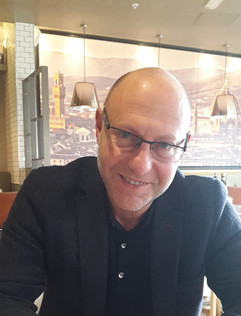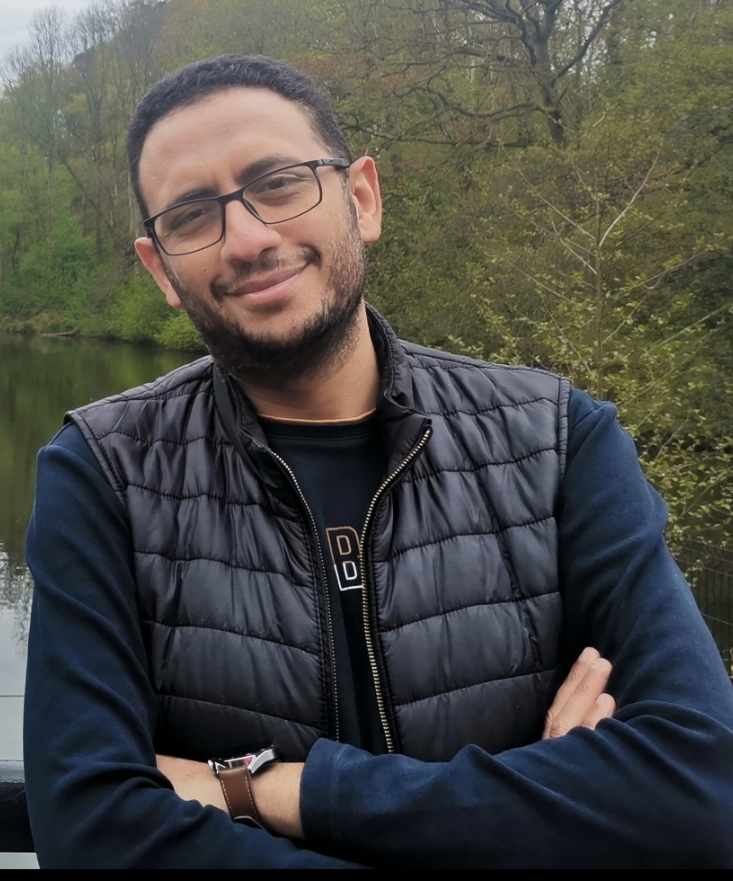ICMSN 2026 Speakers
Keynote Speaker I

Prof. Alexander M. Korsunsky
Trinity College, University of Oxford, UK
Biography: Alexander Korsunsky received his degree of Doctor of Philosophy (DPhil) from Merton College, Oxford, following undergraduate education in theoretical physics. His current appointment is Professor of Engineering Science at the University of Oxford and Trinity College. He has given keynote plenaries at major international conferences on engineering and materials. He has developed numerous international links, including visiting professorships at Universitá Roma Tre (Italy), ENSICAEN (France) and National University of Singapore. Prof Korsunsky’s research interests concern developing improved understanding of integrity and reliability of engineered and natural structures and systems, from high- performance metallic alloys to polycrystalline ceramics to natural hard tissue such as human dentin and seashell nacre. Prof Korsunsky co-authored books on fracture mechanics (Springer) and elasticity (CUP), and published over 200 papers in scholarly periodicals on the subjects ranging from neutron and synchrotron X-ray diffraction analysis and the prediction of fatigue strength to micro-cantilever bio-sensors, size effects and scaling transitions in systems and structures. Support for Prof Korsunsky’s research has come from EPSRC and STFC, two major Research Councils in the UK, as well as also from the Royal Society, Royal Academy of Engineering (RAEng), NRF (South Africa), DFG (Germany), CNRS (France) and other international and national research foundations. Prof Korsunsky is a member of the editorial board of Journal of Strain Analysis published by the Institution of Mechanical Engineers, UK (IMechE). Prof Korsunsky is consultant to Rolls-Royce plc, the global aeroengine manufacturer, whom he advises on company design procedures for reliability and consistency. He spent a period of industrial secondment at their headquarters in Derby, UK (supported by RAEng), and made recommendations on R&D in structural integrity. Prof Korsunsky plays a leading role in the development of large scale research facilities in the UK and Europe. He is Chair of the Science Advisory Committee at Diamond Light Source (DLS) near Oxford, UK, and Chair of the User Working Group for JEEP (Joint Engineering, Environmental and Processing) beamline at DLS. These activities expand the range of applications of large scale science to problems in real engineering practice. Prof Korsunsky’s research team at Oxford has involved members from almost every part of the globe (UK, FR, DE, IT, China, India, Korea, Malaysia, South Africa).
Invited Speaker I

Assoc. Prof. Nader Shehata
Kuwait College of Science and Technology, Kuwait
Biography: Prof Nader Shehata is a physics professor at both Alexandria University(Egypt) and Kuwait College of Science and Technology (KCST) (Kuwait), along with being the director of both Centre of Smart Materials, Nanotechnology, and Photonics (CSMNP) and Center of Nanotechnology and Sustainable Energy (CNSE) at both universities, respectively. He was a Lecturer of Electronic Engineering at Ulster University. Also, he is an adjunct associate professor at Faculty of Science, Utah State University, United States. Over more than ten years, Dr Shehata has excellent teaching experience in both undergraduate and graduate modules in engineering physics and electric engineering disciplines. In research, he works in the fields of nanostructures synthesis, characterization, and correlated applications in piezoelectric energy harvesting, environmental sensing, solar cells, and biomedicine. He secured around 2.2 M US Dollars of research grants from different international and local funding agencies, along with more than 90 journal publications with most of them published in Q1/Q2 journals and more than 20 international conference appearances including invited talks, oral presentations, poster sessions, and proceedings. Furthermore, he is an editor-in-chief and topical guest editor in different nanotechnology journals with two edited books, few edited book chapters, and reviewer for different funding agencies and top journals. Also, he is a senior member in IEEE and a fellow with UK Higher Education (FHEA).
